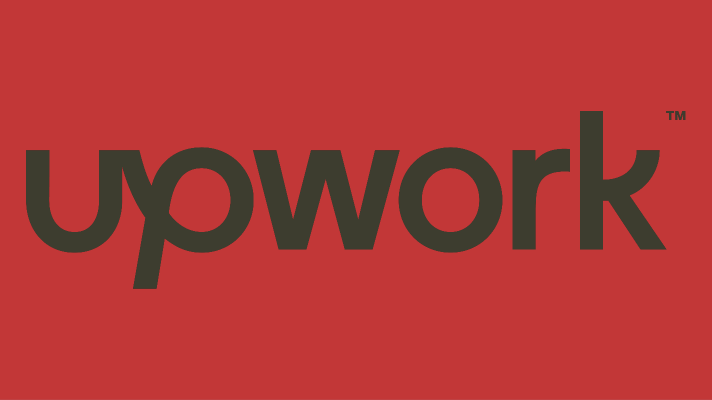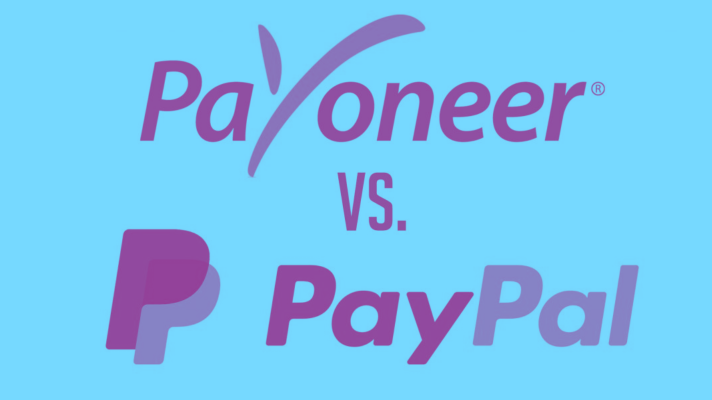In recent years, freelancing platforms have revolutionized how people work. Platforms like Upwork have provided opportunities for millions of individuals to work independently and find clients globally. However, despite the apparent advantages, there are significant downsides to consider when choosing to work on a freelancing platform. This blog aims to delve into the reasons why you should think twice before joining platforms like Upwork.
Intense Competition and Race to the Bottom
One of the major drawbacks of freelancing platforms like Upwork is the intense competition among freelancers. With millions of registered users, standing out among the crowd becomes challenging. This leads to a race to the bottom in terms of pricing, as freelancers undercut each other to secure projects. Consequently, talented professionals often find themselves undervalued, struggling to make a decent income due to the constant downward pressure on rates.

High Platform Fees
Freelancing platforms charge significant fees for their services, eating into the earnings of freelancers. Upwork, for instance, charges a sliding fee scale based on the cumulative earnings from a client, ranging from 5% to 20%. These fees can significantly impact a freelancer’s income and make it difficult to sustain a profitable business. Moreover, the platform’s fee structure often disproportionately affects small-scale freelancers, who pay a higher percentage of their earnings.
Limited Control and Autonomy
Working on a freelancing platform means surrendering a certain degree of control and autonomy over your work. Platforms like Upwork act as intermediaries between freelancers and clients, dictating the terms of engagement. They control communication channels, impose strict policies, and even mediate disputes, leaving freelancers with limited control over their business. This lack of autonomy can hinder professional growth and the development of direct client relationships.
Dependency on a Single Platform
Relying solely on a freelancing platform for your livelihood poses inherent risks. Freelancers on platforms like Upwork depend entirely on the platform’s algorithm, policies, and client base. Any changes to these factors, such as algorithm updates, policy changes, or account suspensions, can devastate a freelancer’s income. Being at the mercy of a single platform creates vulnerability and limits long-term career sustainability.
Lack of Direct Client Relationships
Freelancing platforms like Upwork often act as a middleman, obscuring direct communication between freelancers and clients. This limits the opportunities for freelancers to establish strong professional relationships with their clients. Direct relationships are crucial for building trust, understanding client expectations, and creating a solid foundation for repeat business and referrals. By bypassing freelancing platforms, freelancers can forge deeper connections with clients, leading to more rewarding and sustainable working relationships.
Final Thoughts
While freelancing platforms like Upwork offer convenience and access to a global client base, there are several compelling reasons why you should carefully consider working on such platforms. The intense competition, high platform fees, limited control and autonomy, dependency on a single platform, and the lack of direct client relationships can all hinder long-term success and sustainability as a freelancer. It’s important to weigh the pros and cons and explore alternative avenues to establish a thriving freelance career beyond the confines of freelancing platforms.


